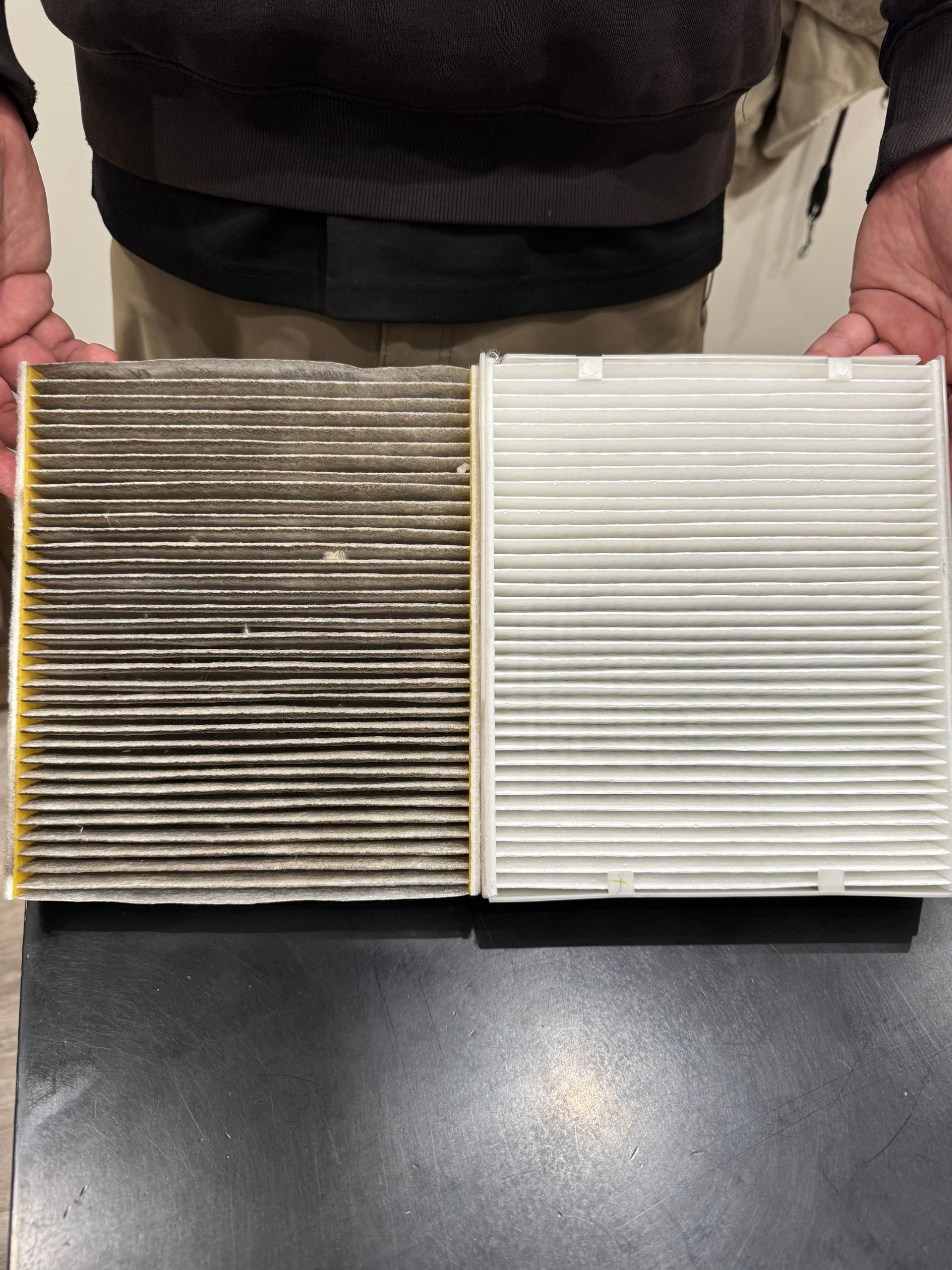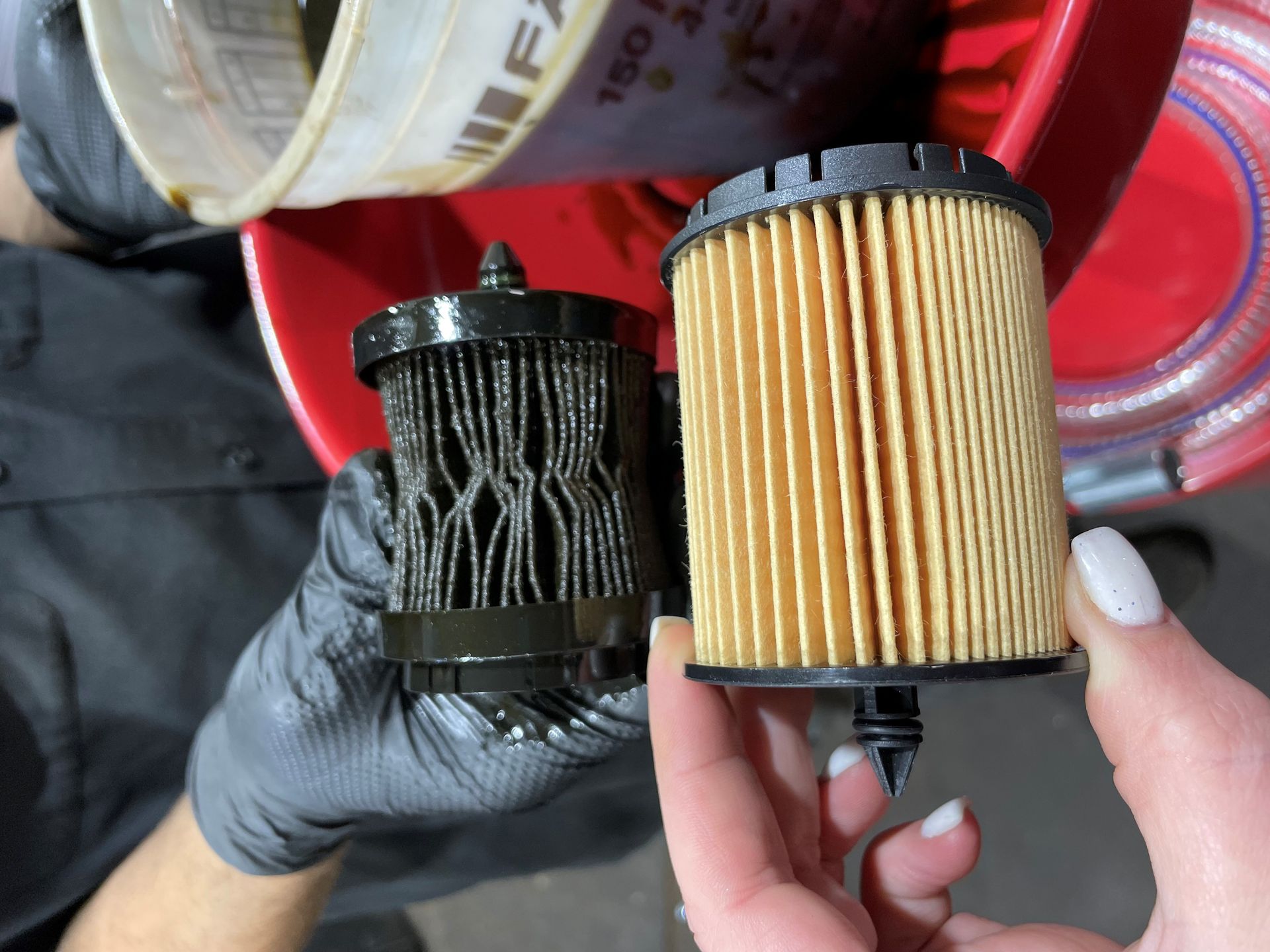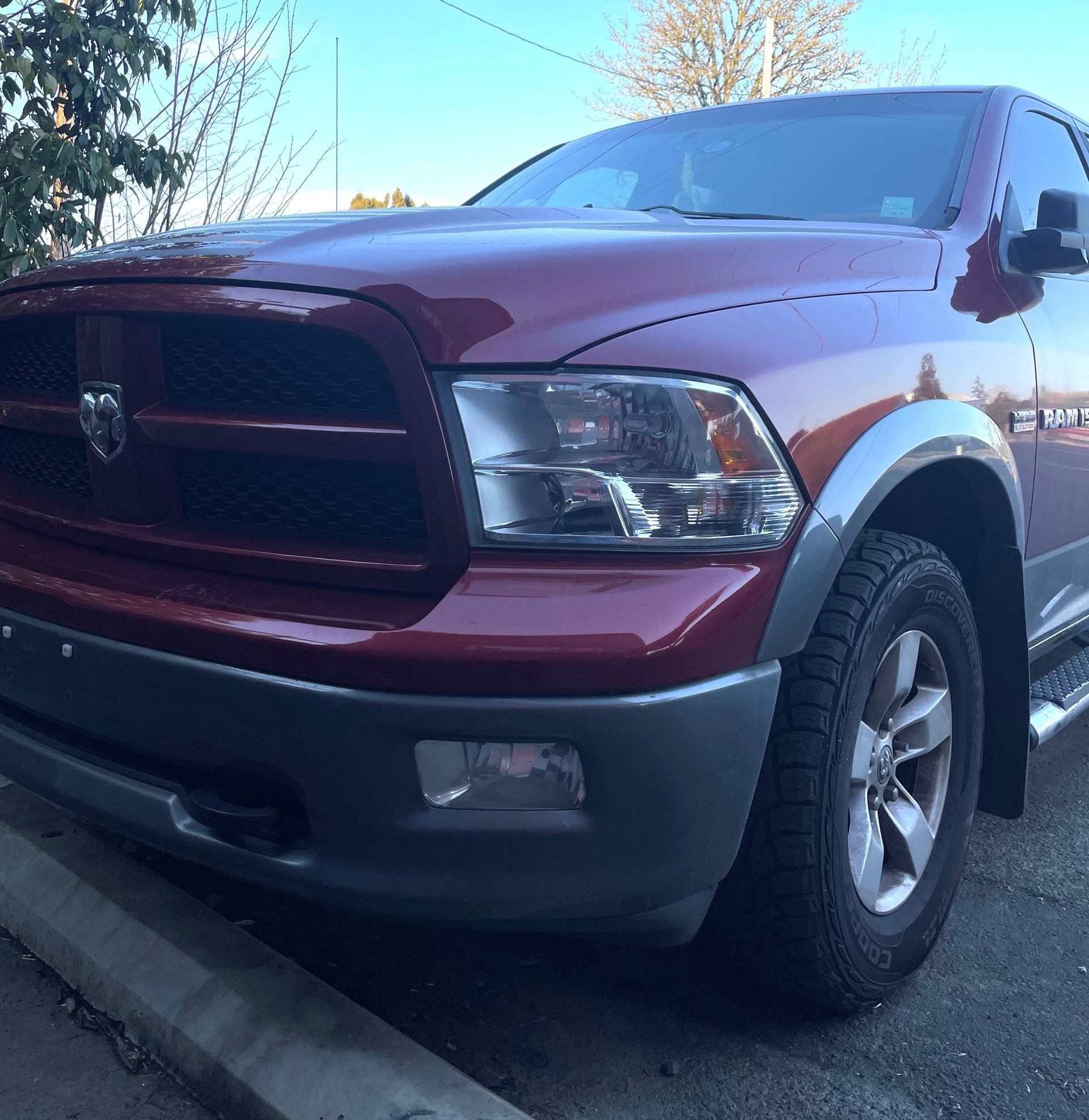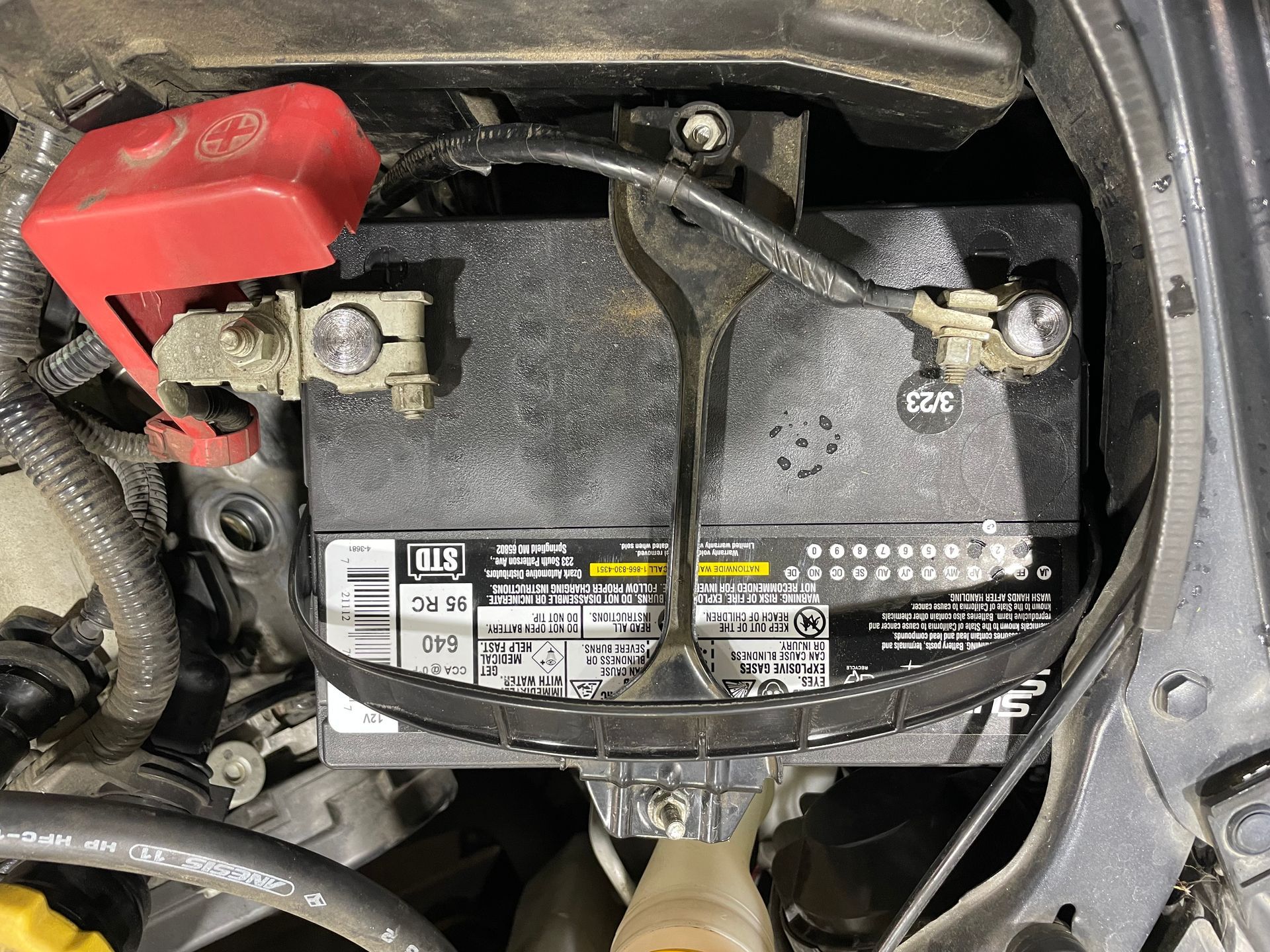Loading ...
Missing business hours data / Error occurred while getting the data.
Loading ...
Missing business hours data / Error occurred while getting the data.
Stalling!? What do I do?

That moment when your car suddenly stalls while you're driving is terrifying. Not only is it inconvenient, but it's also a serious safety hazard. If your vehicle keeps stalling, it's crucial to address the issue promptly.
What Does "Stalling" Mean?
Stalling occurs when your engine suddenly stops running while the car is in motion. This is different from simply running out of gas. When a car stalls, the engine completely shuts off, often without warning.
- Fuel System Issues:
- Fuel Pump Problems: The fuel pump is responsible for delivering fuel from the tank to the engine. A failing fuel pump can cause intermittent or complete fuel delivery issues, leading to stalling.
- Fuel Filter Problems: A clogged fuel filter can restrict fuel flow, starving the engine and causing it to stall.
- Fuel Injector Problems: Faulty fuel injectors can disrupt the proper air-fuel mixture, leading to poor combustion and stalling.
- Ignition System Problems:
- Spark Plug Issues: Worn or faulty spark plugs can prevent proper ignition, causing the engine to misfire and stall.
- Ignition Coil Problems: The ignition coil provides the spark to the spark plugs. A failing coil can lead to intermittent or complete loss of spark, resulting in stalling.
- Distributor Problems (Older Cars): Older vehicles have a distributor that distributes spark to the cylinders. A malfunctioning distributor can cause timing issues and stalling.
- Sensor Problems:
- Crankshaft Position Sensor (CPS): The CPS monitors the crankshaft's position and sends this information to the engine control unit (ECU). A faulty CPS can cause the engine to stall.
- Camshaft Position Sensor (CPS): Similar to the crankshaft sensor, the camshaft sensor monitors the camshaft's position. A faulty sensor can disrupt the engine's timing and lead to stalling.
- Mass Airflow (MAF) Sensor: The MAF sensor measures the amount of air entering the engine. A faulty MAF sensor can disrupt the air-fuel ratio and cause stalling.
- Stay Calm: The most important thing is to stay calm and avoid panicking.
- Shift to Neutral or Park: If it's safe to do so, shift your car into neutral or park.
- Try to Restart: Attempt to restart your car. If it restarts, carefully pull over to a safe location as soon as possible.
Don't Keep Driving: If your car continues to stall, do not keep driving it. This could be dangerous and could cause further damage to your vehicle. A car that stalls while driving is a serious safety concern. By understanding the potential causes and taking prompt action, you can keep yourself safe and prevent further damage to your vehicle. Give us a call and let us take care of you.
Happy Adventures,
Heather
Loading ...
Missing business hours data / Error occurred while getting the data.
Having Trouble Finding Us?
Loading ...
Missing nap lines data / Error occured while getting the data.










